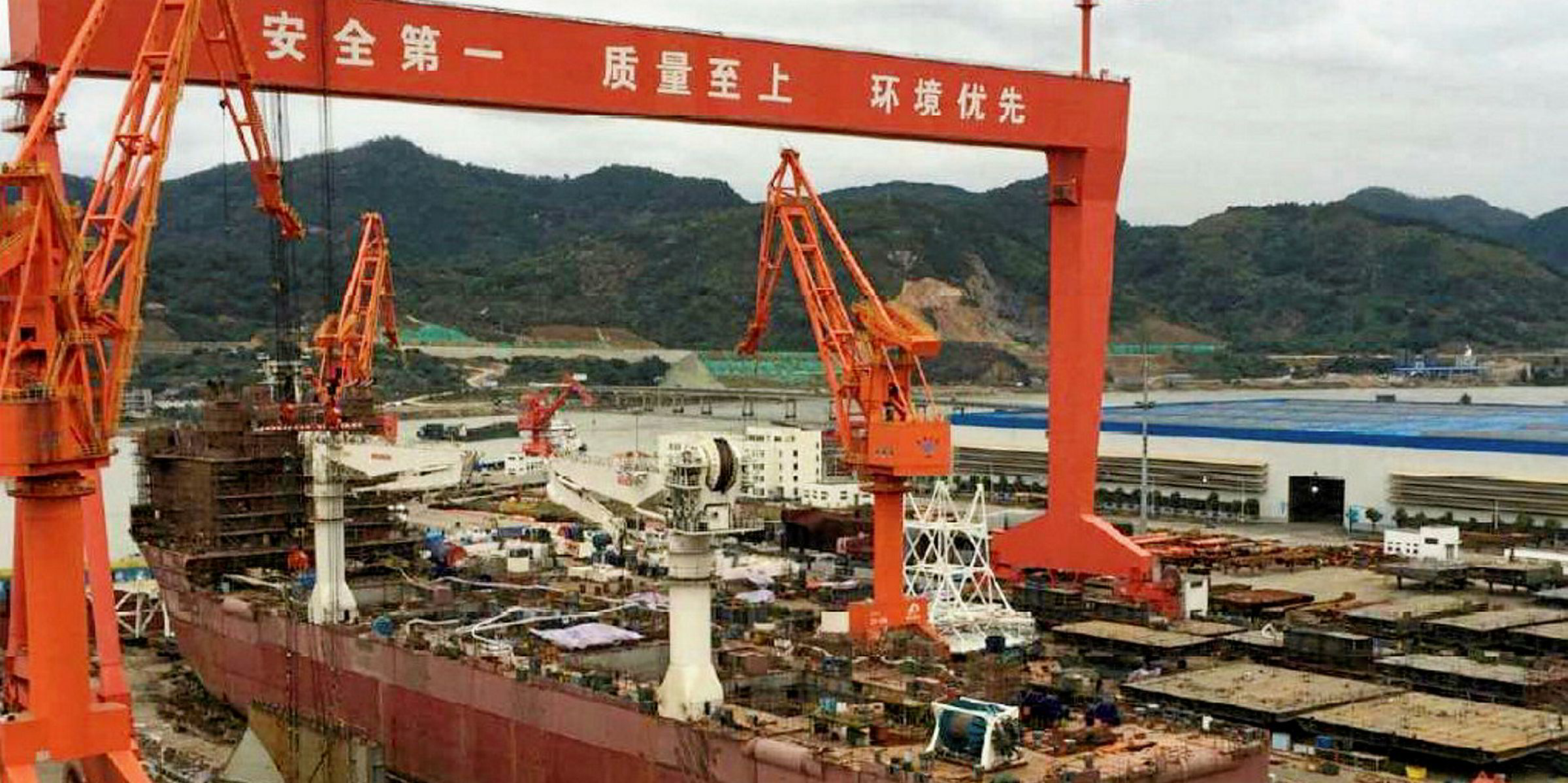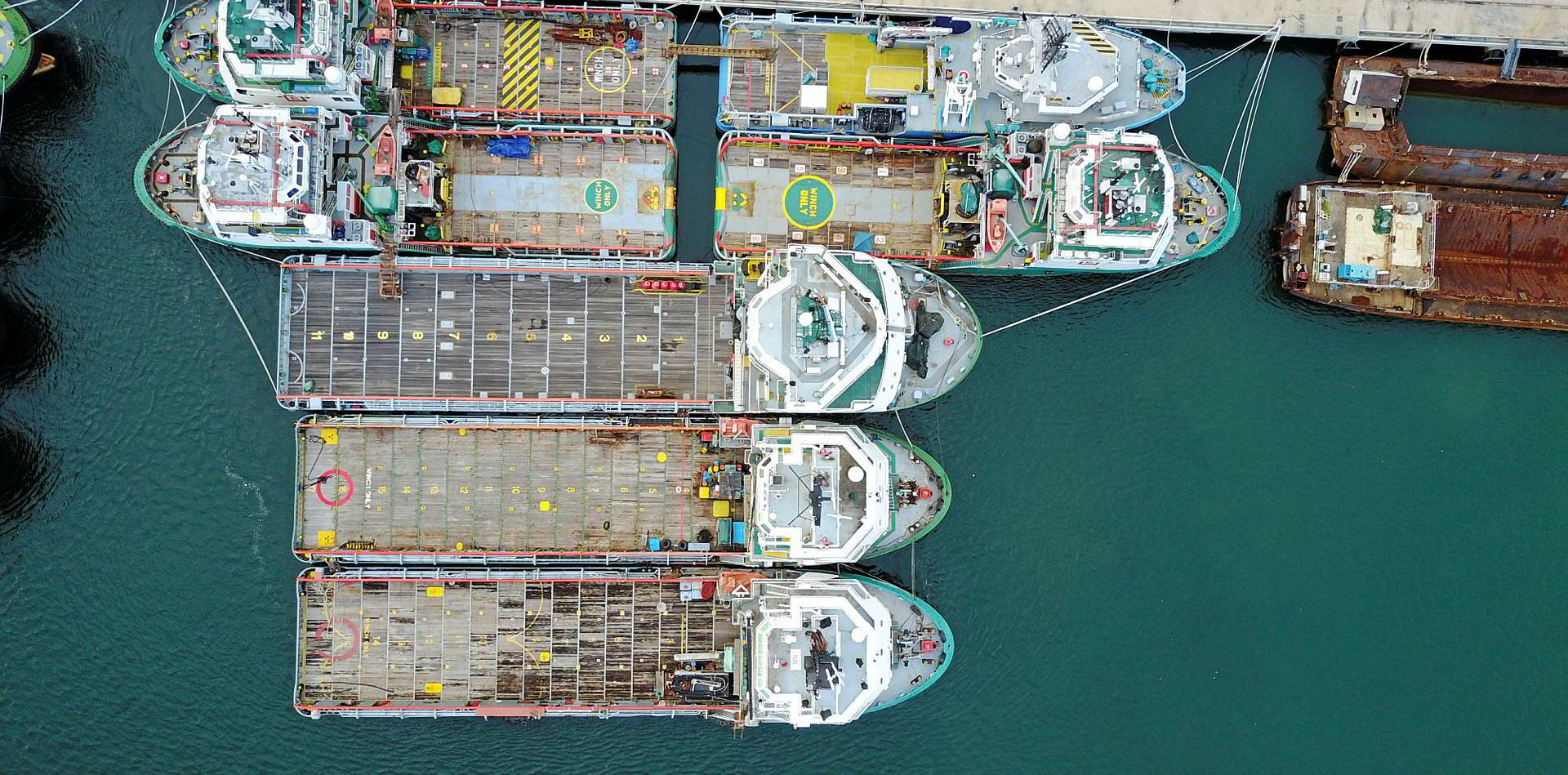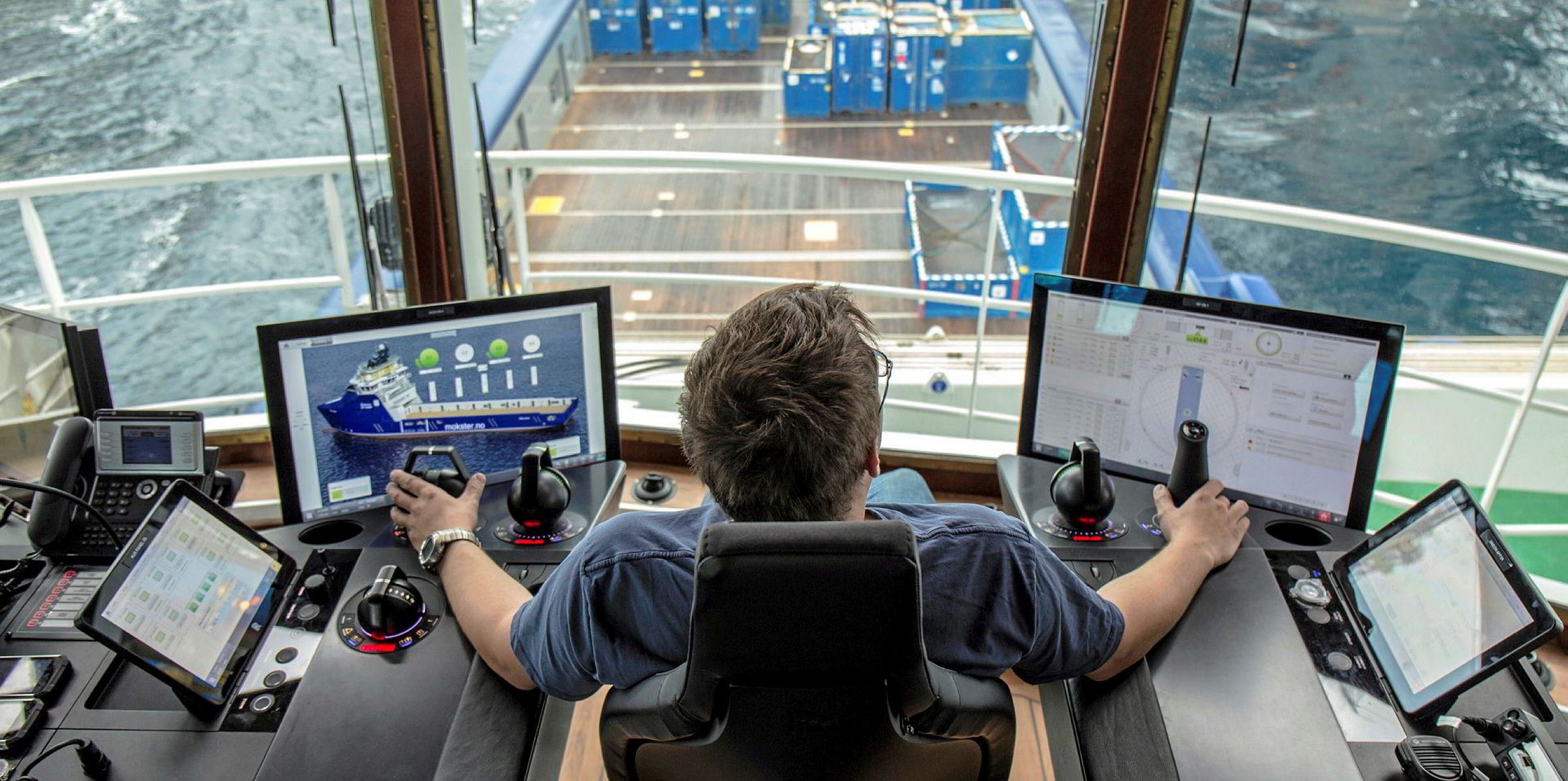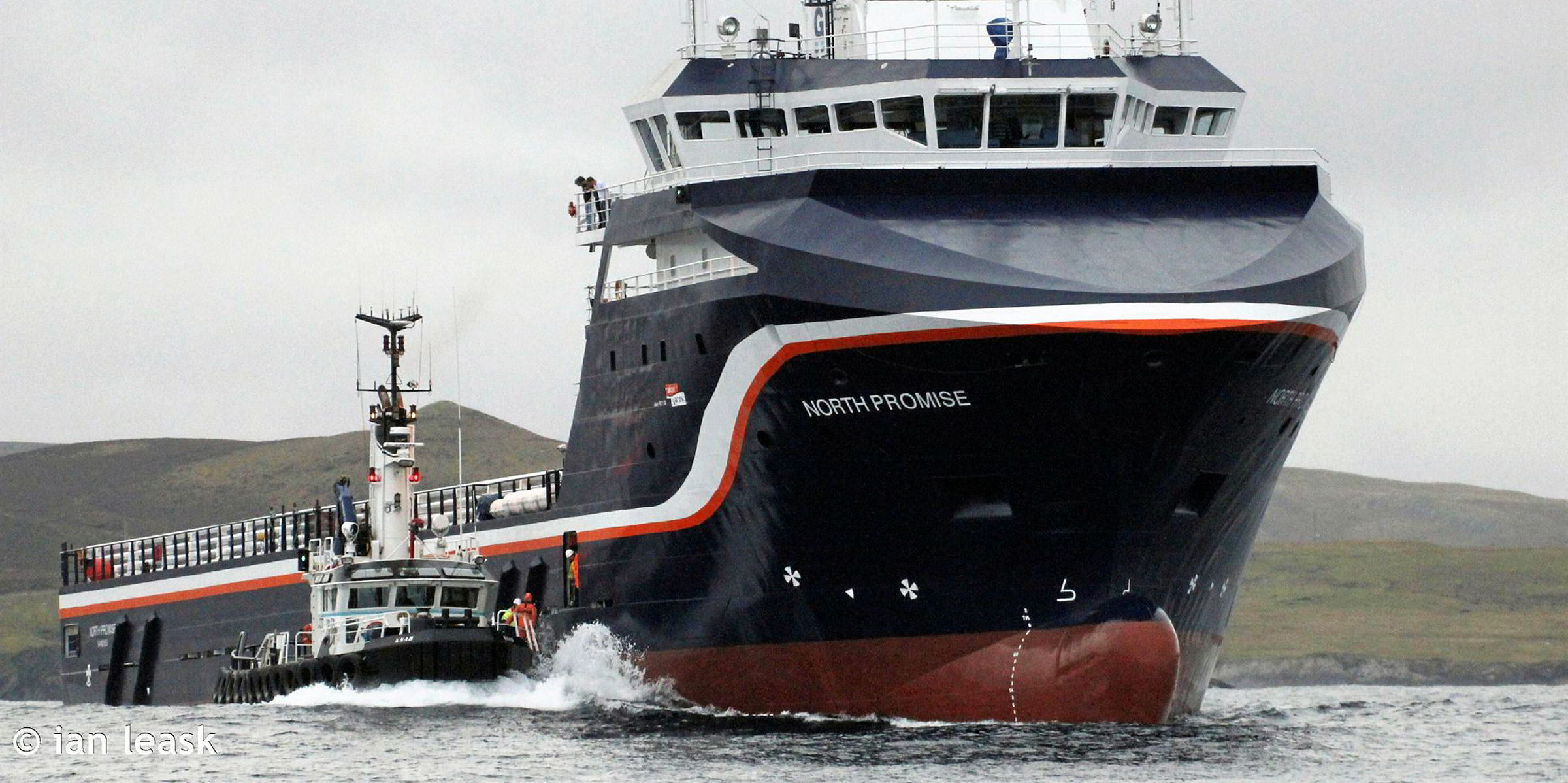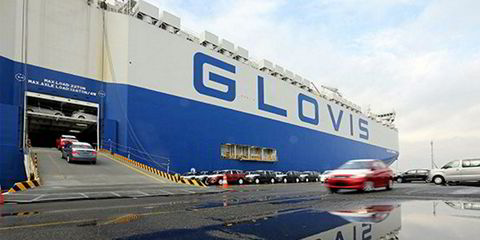Offshore support vessels (OSVs) are still being delivered from shipyards into tough markets, but many more "stranded" vessels remain, particularly in China.
Clarksons Research said that of the 221 OSVs still on order, 172 were ordered pre-2015.
A total of 43 were delivered to owners in 2019, 31 of which were PSVs.
Seabrokers said the 5,000-dwt PSV Sea Gull has been handed over to John Fredriksen's Seatankers Management.
It is the second of four multipurpose PSVs being built for the owner at Fujian Mawei Shipbuilding in China.
The vessel has been mobilised to Singapore.
The first unit in the series, Sea Goldcrest, is working in north-west Europe under the management of Solstad Offshore, in which Fredriksen has a stake.
And Mexican owner Enav Offshore has taken delivery of its first newbuild PSV from the same yard.
The 5,100-dwt Enav Peregina is the first of three sister vessels, with Enav Agave and Saguaro to follow later this year.
Enav Offshore was established in Mexico in July 2019 to operate OSVs both domestically and internationally.
More to come
Fujian Mawei still has 10 PSVs and an anchor-handling tug supply vessel on its books, some of which were ordered in 2013.
Calum Kennedy, an analyst at Clarksons Research, said in a report that one "particularly stark" symptom of the offshore downturn has been the long slowdown in the pace of delivery.
"Although this has offered some supply-side support, it has provided a clear sign, even after some market improvements, of quite how sustained the impact from a prolonged downturn can be," he added.
"Even in good markets, delivery slippage happens, but in weak periods this can become more extreme."
Kennedy said yard under-performance may be one reason for slippage, while there are risks that weaker markets mean that owners are less able to take delivery, or that finance proves hard to finalise.
"Moreover, in the offshore sector, the previous boom produced a large number of orders from speculators, targeting asset play. Many contracts from these players ended up on ‘yard account’, after the downturn meant that resale to operators proved impossible," he added.
Speculatively built OSVs face a problem, with owners unable to find contract cover or finance when units are ready, leaving them stranded.
Kennedy said that although deliveries have remained slow, a few solutions have begun to be found for these vessels, including the sourcing of Chinese capital or yards taking ownership.
"Though the resolution of stranded units is a welcome sign and some markets have started to tick gradually upwards (albeit from a low base), asset delivery trends still offer a pertinent example of what can happen when markets undergo such prolonged and severe pressure," he added.
